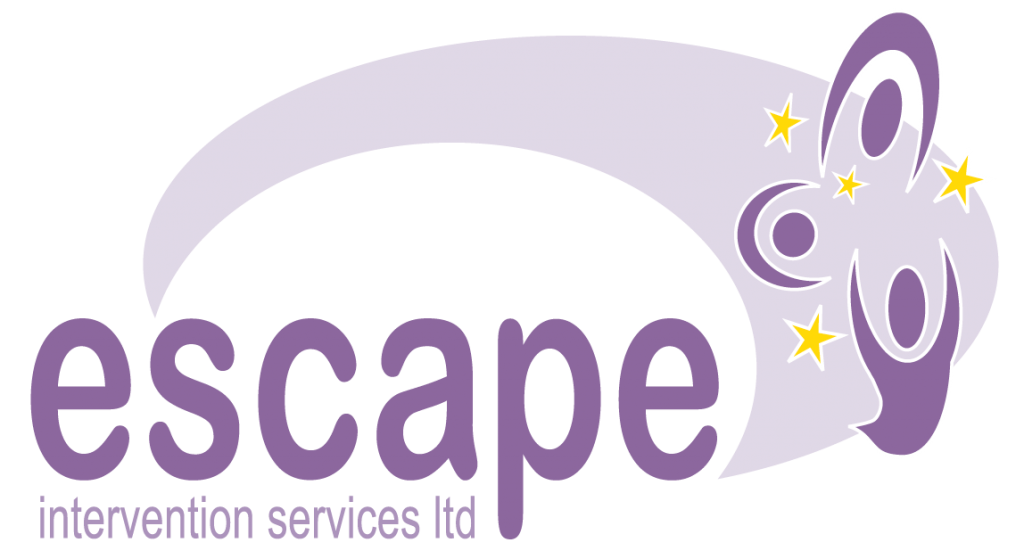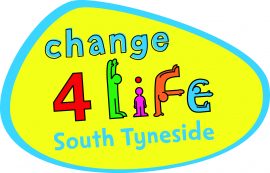Counselling
Counselling is a talking therapy that involves a trained professional listening to you and helping you find ways to understand, process and cope with your feelings.
We offer free services to young people aged 4-25 years, and their parents/carers. For other clients please refer to our private practice.
We adhere to the ethical guidelines of our professional body, the British Association of Counselling and Psychotherapy (BACP) and are an organisational member.
We support clients with a broad range of issues, including:
Bereavement/Loss:
This is when someone we care about either dies or leaves our life and it hurts us. We may feel confused about our feelings as we often feel very angry, frustrated, upset, afraid, hurt or rejected. It is usually helpful to talk about our feelings as we work through our painful experiences and come to terms with our loss.
Domestic abuse:
This is where people in our families are abusive towards us or each other, and it often leaves us feeling helpless and hopeless. This can involve verbal, physical, sexual and financial abuse, as methods of controlling us, which is why it is important to seek help so that we can have positive relationships in the future. It is often difficult to tell our friends or other family members about this, as it often feels like we are betraying those we love. It is important to talk about domestic abuse and how it has affected us, as we often feel very angry and hurt, and we can be helped.
Family issues:
All families are different and are affected by many things, such as the death of someone, financial problems, domestic abuse, drug or alcohol problems, or many other things. Some family problems cause us to feel upset and distressed, and we often feel unable to tell others e.g. teachers, friends, because we don’t think they will understand. It is important to get help so we can feel happier.
Substance misuse:
People using substances, such as illegal drugs, prescribed drugs or alcohol, can affect how they behave towards us and this may hurt us. We may feel confused or frightened by the unpredictable behaviour of those around us, or we may use substances ourselves to help with feelings of anger or frustration. By talking to a Counsellor it can help to make sense of what is happening to you and how to cope with your feelings.
Gambling:
If you or a family member is gambling, this could cause lots of problems as money is spent on gambling instead of on things that are needed for the family. Many people use gambling as a way of coping or helping with their feelings, as they get a ‘buzz’ out of playing various games or betting. You may be left feeling quite helpless as you lose money or others around you lose money, which causes your family to suffer financially. You can change this behaviour or cope with family members gambling, by talking about it with a Counsellor.
Victim of abuse:
When using the word abuse, this means either physical, emotional or sexual abuse, which are all serious forms of being hurt. Some forms of abuse are very well hidden and people find it difficult to speak about it as they are often ashamed, scared or worried about what will happen. It is ok to talk about abuse and find help to make you feel less afraid and happier.
Anger management:
We can feel very angry for a lot of reasons, but it is mainly because we feel hurt and upset by something or someone. Anger can be associated with high levels of anxiety, which people often live with without realising it is a problem. It is good to ask for help to manage your anger as you may be left feeling bad about yourself each time you have an angry reaction, and this will affect your confidence and self-esteem.
Divorce:
When people divorce or separate we can feel very hurt, upset, angry, lonely and abandoned. Our feelings are very similar to when someone dies as we may think we will never see them again, particularly if it is our mother or father who has left. Some people feel very confused as they may think the person who has left does not love them anymore, so it is important to find someone to talk to about this painful experience.
Self-harm:
The National Institute of Clinical Excellence (NICE) defines self-harm as the ‘expression of personal distress, usually made in private, by an individual who hurts him or herself’. Self-harm is a broad term for many acts which may cause personal harm, such as cutting, burning, pulling out hair, overdose etc. More information can be found at the National Self-Harm Network (www.nshn.co.uk).
Anxiety/depression/stress:
These conditions include feeling worried, low-mood, sleep disorders, lack of motivation, feeling helpless and hopeless.
Support groups:
We offer support groups for bereavement/loss, when numbers dictate, to assist young people to work through their grief with the support of their peers.
We’re here to help!







